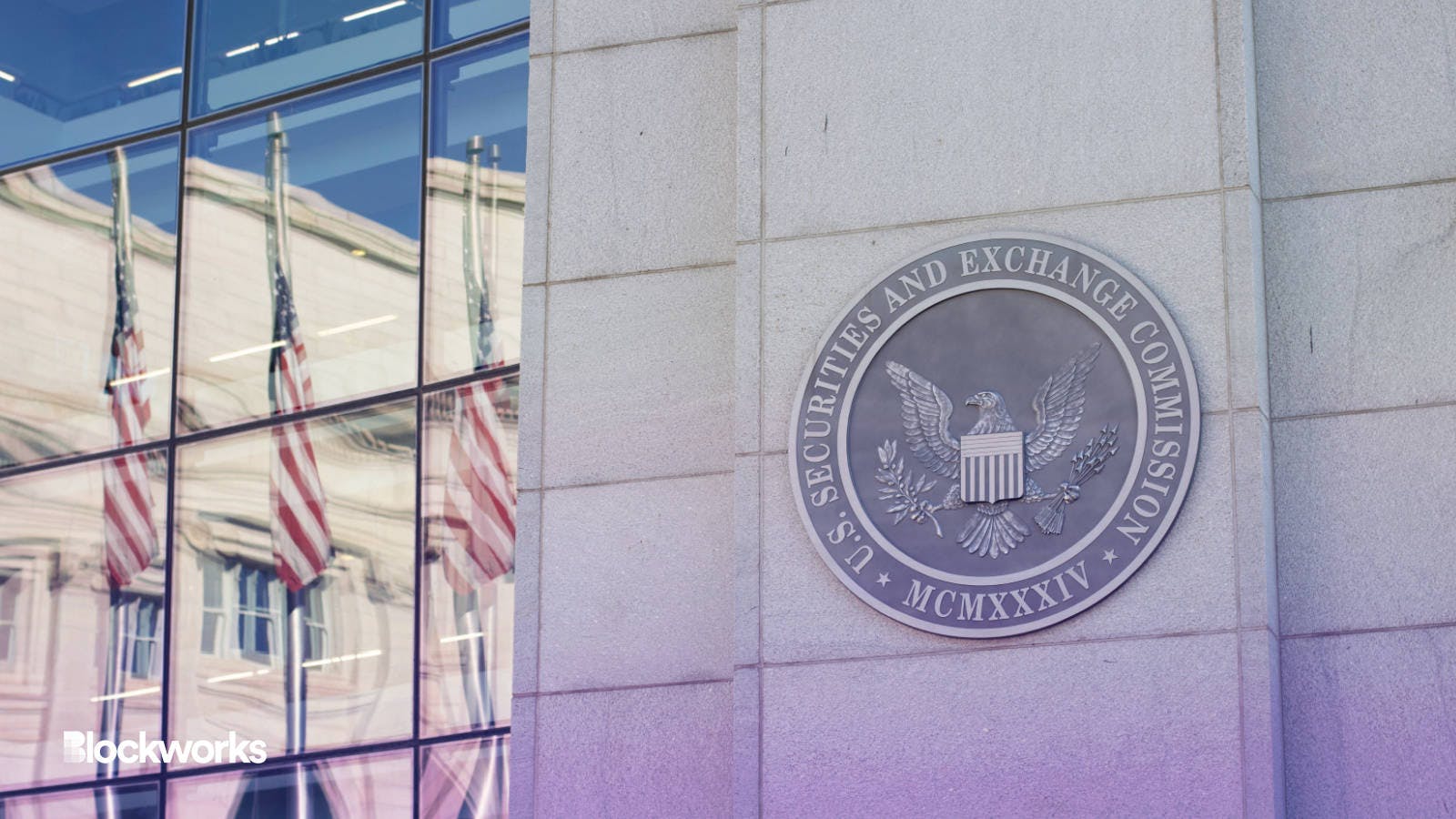Crypto auditors risk suspension over misleading claims: SEC chief accountant
Accounting firms acting as crypto ‘auditors’ are warned to disassociate with clients if they spot misleading statements — or tell the SEC

Tada Images/Shutterstock modified by Blockworks
Accounting firms engaging with the crypto industry as ‘auditors’ must pay close attention to antifraud regulations or face censure or suspension, the SEC chief accountant warned.
Paul Munter, the principal SEC advisor on accounting and auditing, said crypto companies could be misleadingly claiming their “purported audits” are analogous — and even more accurate — than traditional finance audits.
“Such suggestions are false,” he wrote in a statement on Thursday. “Non-audit arrangements are neither as rigorous nor as comprehensive as a financial statement audit, and may not provide any reasonable assurance to investors.”
Many crypto companies, including exchanges and lending platforms, pushed to release what they call “proof of reserve” reports following the collapse of FTX. Stablecoin issuers commonly rely on attestations from third parties about their tokens’ backing.
Munter cautioned that accounting firms, even those new to serving crypto clients, need to be mindful of various responsibilities and risks. Misrepresentations could potentially lead to legal complications for the firm, he said.
If an accounting firm becomes aware that its clients have made misleading statements about the nature of their non-audit work to the public, it “should consider making a noisy withdrawal, disassociating itself from the client, including by way of its own public statements, or, if that is not sufficient, informing the Commission,” he said.
Read more: Are Exchanges Falling Short on Proof of Reserves Efforts?
Crypto auditors in flux
The SEC’s cautionary message comes a few months after the top US audit watchdog, the Public Company Accounting Oversight Board (PCAOB), stated that proof of reserves reports cannot be entirely relied upon to prove solvency.
The PCAOB emphasized that such reports are not audits, and therefore, do not offer substantial assurance to investors or the public.
Binance, along with other crypto companies, enlisted financial audit firm Mazars to provide proof of reserves after the FTX crash.
Nevertheless, Mazars and another prominent proof-of-reserves auditor, Armanino, terminated their services for crypto clients in December.
Mazars reportedly withdrew from crypto-related work due to apprehensions about how the public perceives these reports.
Armanino was implicated in a class-action lawsuit late last year, for allegedly failing to detect irregularities at FTX.US despite conducting the exchange’s audit in 2021.
Armanino’s accounting team moved on to set up a new crypto-friendly operation, The Network Firm, earlier this year.
Another crypto-focused accounting firm, Node40, recently told Blockworks that it’s now diversifying beyond its primary focus, exploring wider compliance services.
Get the news in your inbox. Explore Blockworks newsletters:
- The Breakdown: Decoding crypto and the markets. Daily.
- 0xResearch: Alpha in your inbox. Think like an analyst.






